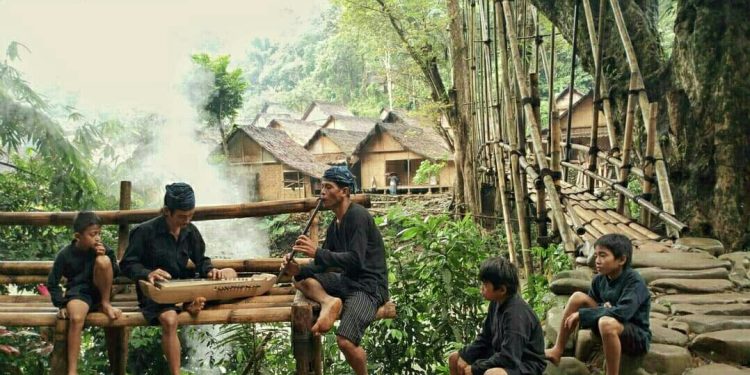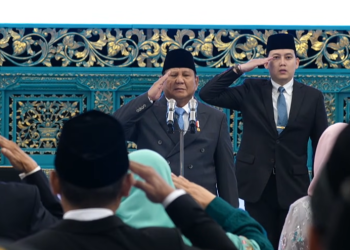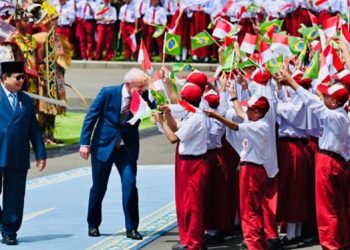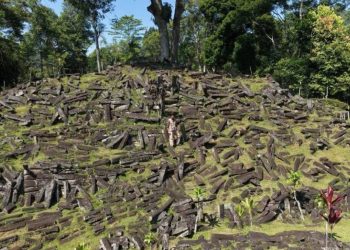Jakarta, Indonesia Sentinel — Indonesia’s Forestry Minister Raja Juli Antoni reaffirmed the government’s commitment to recognizing and protecting the rights of Indigenous people, announcing that 400,000 hectares of customary forests had been formally designated as of July 2025. The statement came in commemoration of the International Day of the World’s Indigenous Peoples, observed annually on August 9.
Data from the Forestry Ministry show that between 2016 and July 2025, the government recognized 160 customary forest areas covering a total of 333,687 hectares, managed by 83,000 Indigenous households across 41 regencies in 19 provinces.
“This achievement is the result of synergy between national policies and the support of various stakeholders, including Indigenous communities themselves,” Raja Juli said on Saturday.
Key regulations including Government Regulation No. 23/2021 on Forestry Administration and Environment and Forestry Ministerial Regulation No. 9/2021 on Social Forestry have strengthened the legal framework for community-based forest management. These measures, the minister said, provide legal certainty and protection for Indigenous peoples to sustainably manage their ancestral lands.
Since Raja Juli took office, progress has accelerated. In the first seven months of his tenure alone, 70,688 hectares of customary forests have been designated. This progress shows a pace that exceeds previous years’ averages.
Julmansyah, director of the ministry’s Tenure Conflict Resolution and Customary Forests Division, said the figure far surpasses the annual average between 2016 and 2024, which stood at about 41,563 hectares per year. “In just the first seven months of 2025, we have already reached 70,688 hectares. With five months left, we are optimistic this year’s figure could hit 100,000 hectares,” he said.
Read Also:
Indonesia Celebrate International Day of the World’s Indigenous Peoples
The United Nations has marked the International Day of the World’s Indigenous Peoples since 1994, highlighting the need to safeguard the rights of the world’s 476 million Indigenous people across 90 countries. Though they represent less than 5% of the global population, they account for 15% of the world’s poorest. They also preserve immense cultural diversity, speaking more than 7,000 languages and maintaining 5,000 surviving traditions.
Yet Indigenous peoples remain among the most vulnerable groups due to a long history of rights violations. The UN Declaration on the Rights of Indigenous Peoples, adopted in 2007, explicitly recognizes their rights to land, natural resources, and traditional healing practices.
This year’s commemoration serves as a reminder to the global community of the need to strengthen protection for the cultural heritage and environmental stewardship that Indigenous peoples have maintained for generations.
(Raidi/Agung)
























